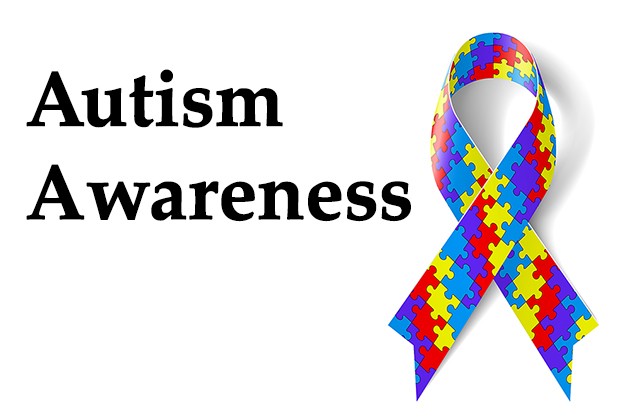Inclusivity involves embracing people who differ from us, helping us grow as a society. It refers to the practice of providing equal access to opportunities and resources for those who might otherwise be excluded, such as individuals with physical or intellectual disabilities, or those from minority groups (Oxford).
Unfortunately, harmful stereotypes about autistic people persist, with some individuals making disparaging comments that label them as “imbeciles.” This ignorance highlights the damage caused by a lack of understanding. Autism Spectrum Disorder (ASD) is a complex neurodevelopmental condition that affects communication, social interaction, and behavior. Despite increased awareness in recent years, numerous myths surrounding Autism remain prevalent. Below are some common misconceptions held by those without direct experience with the condition.
Autism is solely characterized by a lack of social skills and difficulty with communication:
While these are common traits, Autism presents itself in a wide range of ways. Some individuals with Autism might excel in specific areas like music, art, or mathematics, while others might have exceptional memory or attention to detail. Reducing Autism to a single, defining characteristic overlooks the vast spectrum of experiences and abilities that individuals with ASD possess. A wide range of spectrum shifts is characterised by different strokes of occurrences.
Autism is a choice or a result of poor parenting:
Often, people see this spectrum disorder as a poor upbringing because they lack understanding. They might see this crisis as poor parenting. This harmful belief ignores the biological and neurological basis of Autism. Research has shown that genetic and environmental factors play a significant role in the development of ASD. Blaming parents for their child’s Autism not only perpetuates stigma but also hinders their ability to access support and resources.
Thirdly, many people associate Autism with a lack of empathy or emotional intelligence. Many times, people with Autism have broken records of having poor social skills and empathy due to a lifelong learning process from a loved one or those around them. This misconception stems from a misunderstanding of how individuals with autism experience and express emotions. While they might communicate differently, they are capable of experiencing a full range of emotions and forming strong bonds with others.
Lastly, Autism can be “cured” through therapy or treatment: While early intervention and therapy can significantly improve symptoms and quality of life, there is no “cure” for Autism. Autism is a lifelong condition that requires acceptance, understanding, and support.
These myths can lead to stigma, social isolation, and inadequate support for individuals with Autism and their families. Challenging these misconceptions and replacing them with accurate information and understanding is crucial. By asking the right questions and more awareness of Autism, promoting awareness, acceptance, and inclusion, and recognizing the unique strengths and challenges faced by individuals with ASD, we can work towards creating a more compassionate and supportive society for all.
Caring for people with Autism involves kindness and patience, which are two styles that never go out of fashion.
Early Diagnosis: Early detection and consistent intervention are crucial for maximizing developmental outcomes(WHO). You notice many difficulties at this stage, weigh your options, and put your best foot forward.
Behavioral Therapies:
Applied Behavior Analysis (ABA): Aims to teach positive behaviors and reduce challenging ones through positive reinforcement and structured learning(Cleveland Clinic). Knowing you can make the best choices when providing the help they need is only in understanding.
Cognitive Behavioral Therapy (CBT): Helps individuals manage anxiety, depression, and other mental health issues that may accompany ASD(Mayo Clinic).
Social Skills Training helps individuals develop and practice social skills, improve interactions, and build relationships (WebMD). One of the greatest needs of an autistic person is social skills; navigating this journey is a difficult task, hence the need for inclusivity and kindness from the World. A vivid example of this is Kanyeyachukwu, an advocate for children with Autism and a celebrated visual artist who has gained international acclaim for his works that promote inclusion and creativity among young people(LEADERSHIP News).
Autism is not a flaw to be fixed but a spectrum of uniqueness to be embraced. By choosing understanding over judgment and support over stigma, we build a world where every individual—regardless of ability—can thrive. Let’s commit to spreading accurate knowledge, fostering inclusivity, and caring with kindness.





